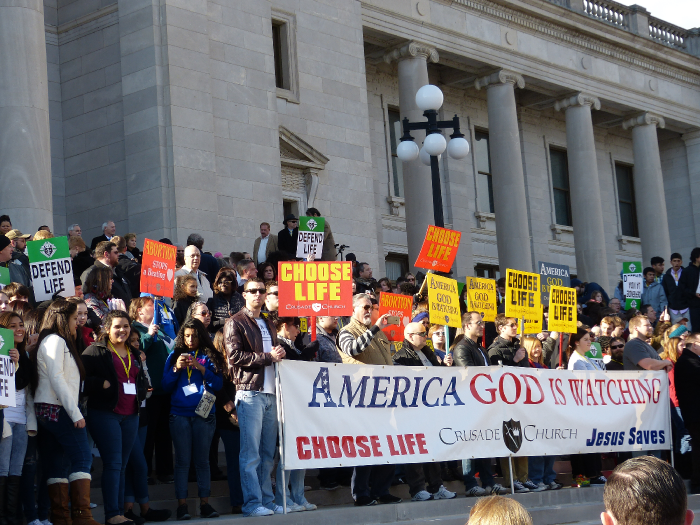
On Wednesday the U.S. Supreme Court heard oral arguments over whether or not emergency rooms in America should be forced to perform abortions under the federal Emergency Medical Treatment and Labor Act (EMTALA).
EMTALA is a decades old law signed by President Ronald Reagan. It is designed to ensure people are able to receive emergency care even if they are unable to pay.
After the U.S. Supreme Court released its 2022 Dobbs v. Jackson Women’s Health decision overturning Roe v. Wade, President Biden issued an executive order urging the Secretary of Health and Human Services to identify ways to use federal authority to expand abortion.
The U.S. Department of Health and Human Services and the Centers for Medicare and Medicaid Services issued a letter and guidance instructing doctors and hospitals that EMTALA requires them to perform abortions as a “stabilizing treatment” or transfer the woman to another facility for an abortion if they determine that doing so is necessary to protect the life or health of the mother — even if the abortion would be illegal under state law.
Health exceptions in abortion laws are notoriously vague and can actually permit abortion on demand in many cases. That’s why states like Arkansas limit abortion to situations where the mother’s life is at risk instead of using a broader “health” exception.
However, the Biden Administration’s letter to doctors and hospitals last year specifically says, “And when a state law prohibits abortion and does not include an exception for the life and health of the pregnant person — or draws the exception more narrowly than EMTALA’s emergency medical condition definition — that state law is preempted [overridden by the federal government].”
In Moyle v. United States of America, the Biden Administration is attempting to use this new interpretation of EMTALA to force E.R. doctors in other states to perform abortions that might be illegal under state pro-life laws.
The Biden Administration simply has no business trying to overrule state pro-life laws or turn emergency rooms into abortion facilities. If the Biden Administration wins in this case, it could try to push the same abortion agenda in other states—including Arkansas.
That’s why Family Council joined more than 30 other pro-life organizations in a friend-of-the-court brief filed in the case last February.
The brief we joined argues the federal government is trying to “resolve a political issue of profound national significance” through regulations rather than through law, and that the Biden Administration does not have the legal authority to make emergency rooms perform abortions under EMTALA.
Articles appearing on this website are written with the aid of Family Council’s researchers and writers.




